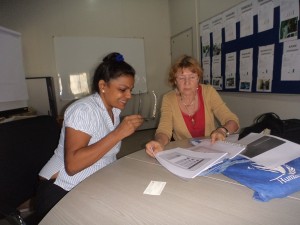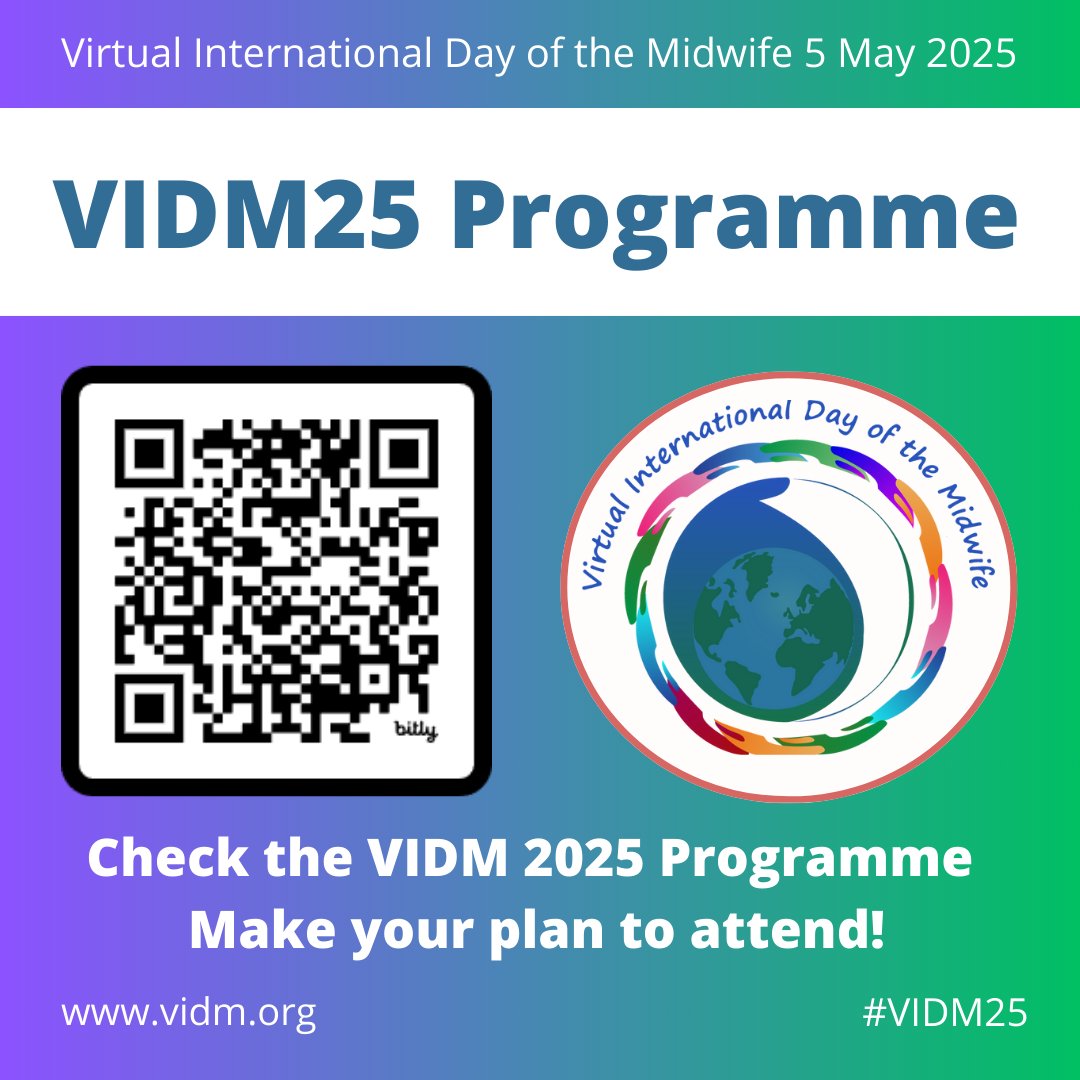
A mobile communication tool such as the JamboMama! app can only work if the quality and volume of care keeps pace with the increased demand. That is why we want to know as much as possible about other initiatives to make pregnancy and childbirth safer, so that good low-cost inventions and brilliant ideas find their way into the care that JamboMama! links the pregnant women up to. We want to link up with those initiatives, speed up their wide distribution far beyond their often humble rural origins elsewhere in the world.
One way of making better use of existing restricted emergency obstetric capacity in rural areas of a country such as Tanzania is to offer good childbirth care in first line care spots that does not require a needle or knife, which always carries a risk of infection. In Nepal, a highly effective kaolin impregnated pad has been developed to stop post-natal bleeding. Uterine contractions can be stimulated by a tablet put under the tongue rather than a perfusion. Turning breech babies in the last term of the pregnancy (‘version’)* doesn’t always work, but is found to reduce significantly the need for caesareans, something rural women dread for a number of reasons I’ll explain another time.
Low-cost inventions
There are scores of good low-cost inventions that make rural childbirth safer and therefore keep the space in the fully equipped obstetric wards available for those who need it for their own and their babies’ survival. Portable ultrasound, simple oxygen devices… many rural dispensaries and their staff can be upgraded at low cost, which is another way of bringing the supply closer to the demand.
Herewith we give you a link to an interesting event that draws many inventors. The previous rounds of this competition have led to some of the inventions mentioned above. However, the biggest challenge remains to make them available to the women and the healthcare providers in the places where they are sorely needed, because there is no doctor, no well-equipped clinic or hospital within easy reach.
* N.B. read about weekly ‘version clinics’ a century ago in an Ethiopian hospital in the novel Cutting for Stone by Abraham Verghese.

No responses yet